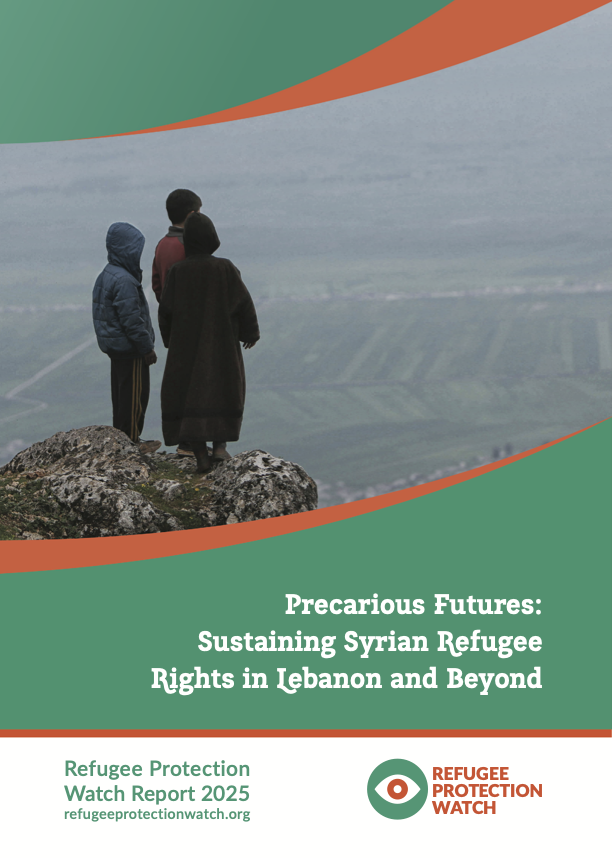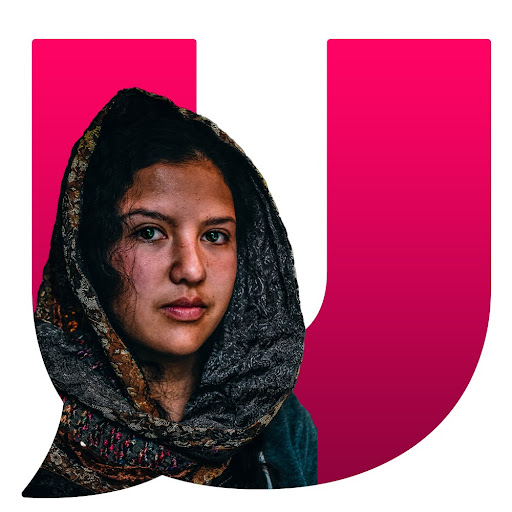
-
Syrian refugees arriving before and after the fall of the Assad regime: Prospects and local governance in Syria and Lebanon
This report shares findings from a research initiative by Upinion and VNG International (VNGI), exploring how Syrian refugees in Lebanon perceive local governance, safety, and essential services in their hometowns. The study captures refugees’ perspectives on housing conditions in Lebanon, intentions and conditions for return to Syria, perceptions of security, and trust in local governance…

-
Fleeing and Returning Amid Insecurity: A Multidimensional Assessment of Conditions in Lebanon and Syria
One year since the fall of the Assad regime, Syrian refugees in Lebanon continue to navigate intensifying protection and security risks, as well as shrinking humanitarian assistance. It is against this backdrop that return programs supported by the United Nations High Commissioner for Refugees have been active since July 2025. This report provides an overview…

-
Precarious Futures: Sustaining Syrian Refugee Rights in Lebanon and Beyond
Upinion is a proud member of the Refugee Protection Watch (RPW) coalition — a collective of Syrian, Lebanese, and international organizations working together since 2019 to monitor the situation of Syrian refugees in Lebanon and advocate for their rights. In the wake of the Assad regime’s fall in December 2024, RPW’s annual report “Precarious Futures:…

-
The impact of return policy in Lebanon: Syrian refugee intentions and return prospects
Return policies for Syrian refugees from Lebanon are taking shape, such as the “Return Plan” by the Government of Lebanon and inter-agency partners. However, large uncertainties around the operationalisation of the plan, ensuring the protection and voluntariness of those participating, and the consequences for the Syrian community in Lebanon – of which the majority are…

-
Centering community voices in the humanitarian reset
As humanitarian actors talk about the need to “reset” the humanitarian system, people directly affected by crisis are still being left out of the conversation. In May 2025, Upinion engaged over 600 community members across Syria, Yemen, Lebanon, and Türkiye to ask: What does real inclusion mean to you? What changes are needed to make…

-
Youth on the move: Journeys, challenges, and aspirations across borders
This brief presents the lived experiences and pressing concerns of young people on the move, including displaced individuals and other migrants, across Lebanon, Türkiye, Yemen, Greece, the Netherlands, Syria, and Ukraine. It draws from a diverse community of mobile youth, highlighting their journeys, current legal and social realities, and their aspirations for a dignified and…

-
Caught between borders: Experiences of Syrians pushed away to Lebanon after the fall of Assad
New wave of displacement – new voices that have to be heard: While much of the world is busy discussing the return of Syrians, brutal violence is forcing a new group of thousands of Syrians to flee from the coastal areas of Syria to neighboring Lebanon. Since the fall of the Assad regime in December…

-
Monitoring Lebanon’s displaced population: Main challenges and reasons for moving
Upinion has been in touch with crisis-affected communities in Lebanon for many years. This brief offers an in-depth look at the current displacement situation in Lebanon, highlighting the ongoing instability and multiple displacements many families are experiencing, as well as the growing challenges they face in meeting basic needs and accessing services. With over 187,000…

-
Staying informed in times of conflict: people in Lebanon share their priority needs
This brief presents the latest insights Upinion gathered from its communities affected by the Israeli attacks in Lebanon causing unprecedented civilian deaths, and leading to mass displacement and nationwide insecurity. Between the 3rd of October and now, Upinion conducted two discussions aimed at monitoring displacement status, including movements at the Syria-Lebanon border, as well as…

-
Voices of Lebanon amidst war: Insights from affected communities and best way to help
In light of the current and ongoing Israeli attacks and acts of aggression against Lebanon, over 2 000 people have been killed and 9 000 wounded since the 8th of October 2023, with an estimated 1.2 million civilians who have been forced to flee their homes. At Upinion, we stand in solidarity with affected communities,…











